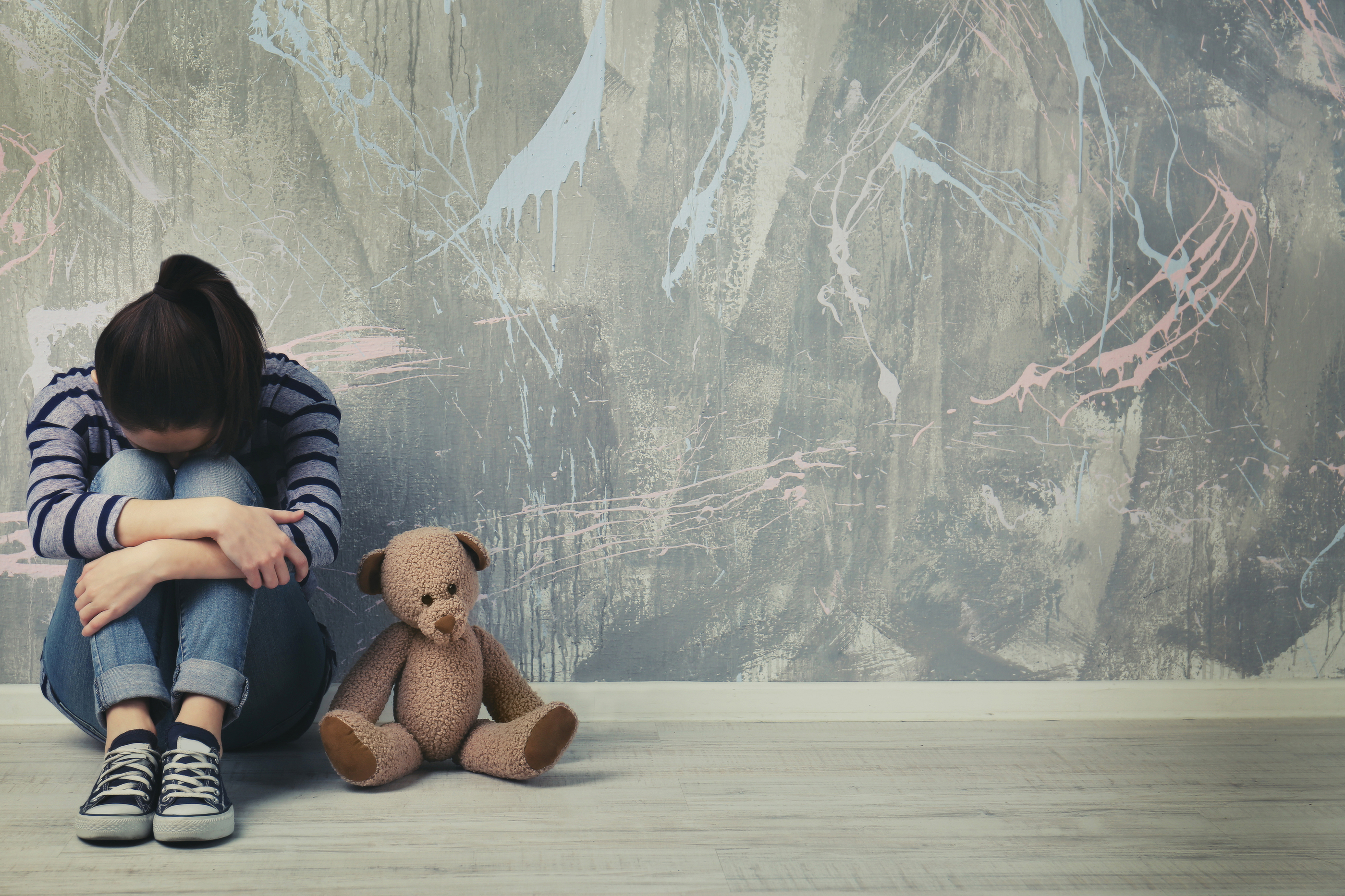When we get married the last thing we picture is getting divorced. On that magical day, surrounded by family and friends, we dream of a nice house with a backyard, healthy children and decades of love and happiness. Unfortunately, that isn’t always the case. Separation and divorce are becoming quite common and these divorces are affecting more than just the two people involved.
If you have children, no matter how civil your divorce is it will still impact them. Teenage years are already rife with changes, which makes a divorce during this time even more difficult. Just as your child was beginning to determine their true identity, you made a drastic change in their family structure. This can have many implications and the separation and divorce resonate differently with each child. While some are content with sympathy gifts for teens and guilting you into spoiling them, others struggle with the change. We never want to see our children suffer, which is why we need to guide them through the grieving process.
Be Open and Honest
It’s important, to be honest with your teenager. Hiding the divorce from them, or framing a divorce as a separation, can do more damage than good. We’re hardwired to protect our children, but sometimes honesty really is the best policy. This is a difficult time and it’s important to use it as a teaching experience for your child. Withhold damaging details, but be open with your child about what the divorce means for them and what changes they can expect. The sudden disappearance of your spouse’s belongings is not the way your teenager should learn about the divorce. Nothing will completely ease the hurt, but honesty from the start can help mitigate some of the resentment that is likely to bubble up as your teenager comes to accept the separation.
Expect Anger
After your teenager learns about the divorce, it’s common for them to exhibit signs of anger. What you might consider teenage angst and being dramatic, is actually one of the stages of grief. It’s important that you let your child express their true emotions and listen to how they are feeling. As parents, we do not get the luxury of feeling bad for ourselves when it comes to our children being angry about a divorce. While it’s important for them to express this respectfully, we must acknowledge and understand that the divorce is impacting their life in a monumental way. Keep in mind that there are five stages of grief, and the anger stage will eventually fade into something else.
Don’t Engage in or Create Conflict with Your Ex
Getting a divorce or separating is an emotional time. The person we pledged to spend our lives with is no longer going to be a major part of our life and that can be extremely difficult to process. While emotions are heavy, it’s important that you continue to promote a healthy bond between your child and ex-spouse. Never talk badly about your ex to your child, or to someone else while your child can overhear you. Your relationship with your ex should not dictate your child’s relationship with them. Yes, it can be difficult not to let your frustration with your ex show, but it’s in your child’s best interest.
Give Your Teen Choices
The teenage years are essential for establishing identity. As such, your teenager should be given some autonomy and be allowed to make decisions for themselves. If appropriate, this includes giving them a say in how they will split time between you and your ex. The last thing we want to hear is that our child wants to spend more time with our ex, but it’s important to not simply rely on arbitrary guidelines on custody. Involve them in the decision-making process and listen to what they
That being said, don’t give them too much freedom. Acting like your child’s friend during this time can lead to even more confusion. It’s important to remember that you are still the parent with the final say in matters. Do not let your child guilt you into making decisions that you wouldn’t have otherwise made.
Professional Help May be Needed
Each child will handle separation and divorce separately. If you have more than one child, do not compare their response to each other. There are five stages of grief and everyone experiences them differently. Some children seem to be stuck in the anger phase forever, but they will work hopefully through it.
Unfortunately, sometimes the grief we are facing becomes too much. If you feel that your child is struggling under the weight of emotions, you might want to talk to them about seeking professional help. Red flags that should raise concern that your child is struggling with the turmoil of the divorce or other issues are losing friends, intense anger or rage, declining performance in school, mood swings or radical behavioral changes. If your child is experiencing any of these, you should consider seeking professional help. Be sure to have an open and honest conversation and stress that speaking with a therapist is nothing to be ashamed of.
No matter the reason behind the divorce, it will significantly impact your teenager. The teenage years are essential for establishing identity and losing the family structure they are accustomed to can have detrimental effects. It’s hard to watch our child suffer, but there are ways to help them through the separation and divorce. Create an open dialogue and allow them to ask questions and have a say in what their future holds, while still establishing and enforcing boundaries. Finding a balance between being supportive and encouraging and enforcing acknowledged rules can help your child through the divorce process and give them hope for the future.

